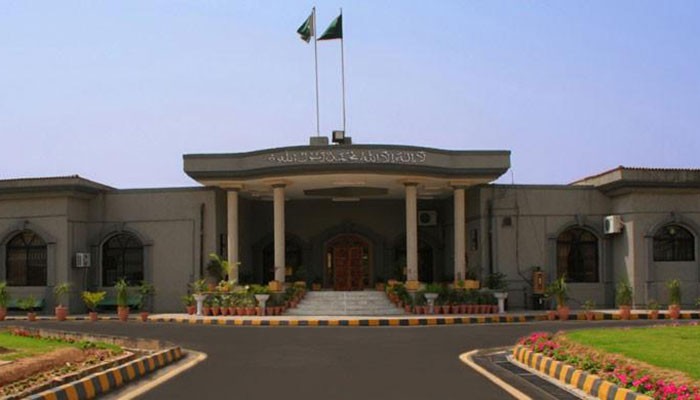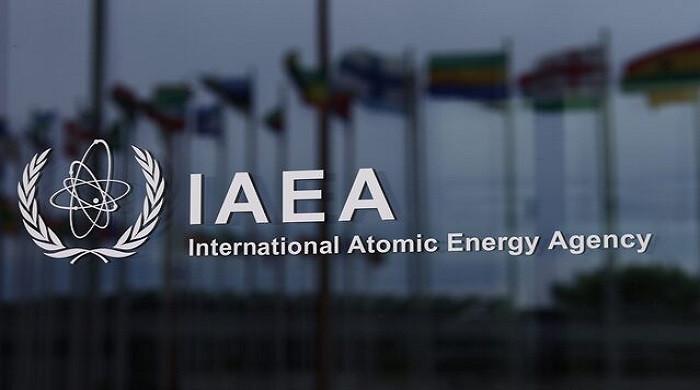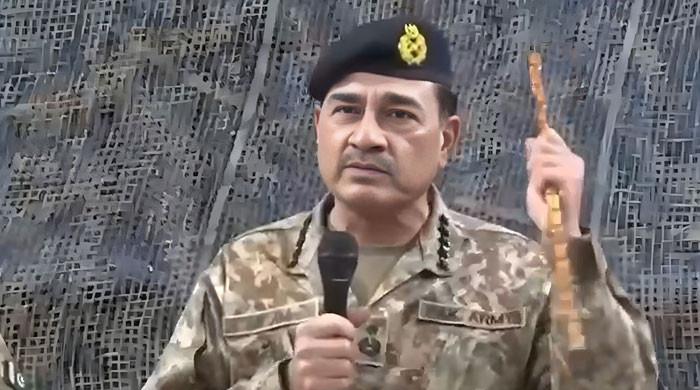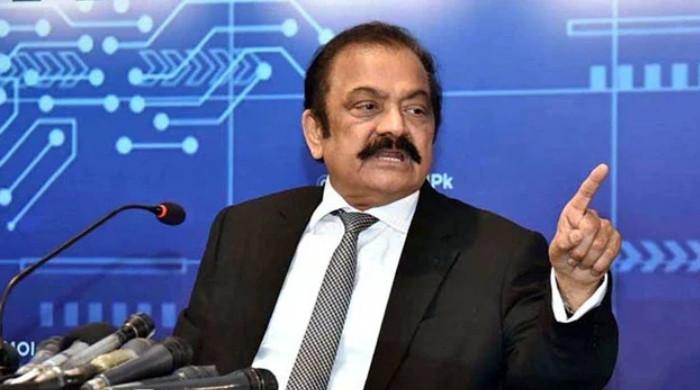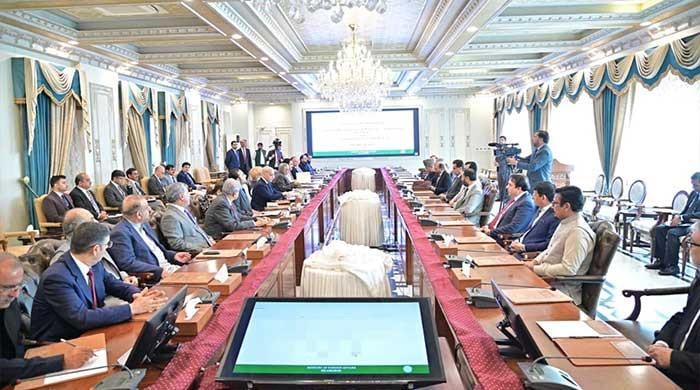IHC reserves decision in Elections Act 2017 case, to announce verdict on March 9
Justice Shaukat Aziz Siddiqui was hearing case of controversial amendment related to Finality of Prophethood oath for lawmakers
March 07, 2018
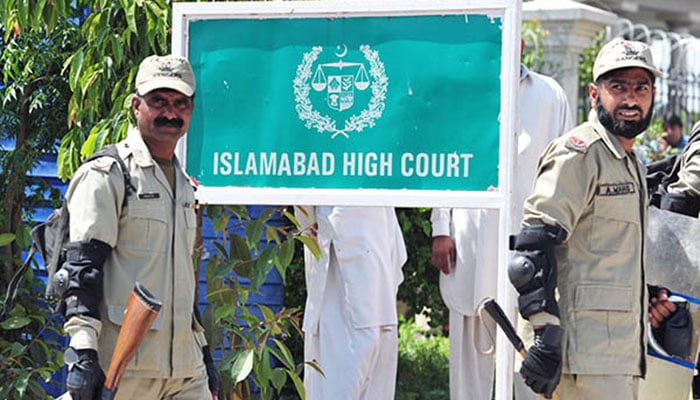
ISLAMABAD: The Islamabad High Court (IHC) reserved on Wednesday its decision in the Elections Act 2017 amendment case.
Justice Shaukat Aziz Siddiqui was hearing the case into the changes in the oath that lawmakers take regarding the Finality of Prophethood. The wording of the oath was altered, and then corrected, when the law was passed last year.
The court remarked that it did not send a notice to any legislative assembly speaker and will not exceed its constitutional limit. The judge observed that they summoned details of Senate proceedings which were already available on the website of the Upper House of Parliament.
A decision on the case will be delivered on March 9, according to the court.
On Tuesday, the government had submitted in court the record of the debate in Senate during the passing of the amendment in the Elections Act 2017 last year.
Justice Siddiqui had remarked on Monday that the court wants to see who voted in favour and against the bill.
The IHC was hearing the changes in the oath as well as the controversial agreement between the government and members of a religious party that had been protesting in Faizabad area of Islamabad against the oath changes last year.
Earlier, the government submitted to the IHC the report of the committee probing changes in the Finality of Prophethood oath.
The committee, headed by Pakistan Muslim League-Nawaz Chairman Senator Raja Zafarul Haq, was formed to reveal those responsible for the changes in the oath when the Elections Act 2017 was passed last year. Besides Haq, it included Interior Minister Ahsan Iqbal and Climate Change Minister Mushahidullah Khan.
Late last year, a religious party protested against the amendment in the oath, which was later reversed by the government, and ended its protest after an agreement was reached with the government, which included the resignation of Law Minister Zahid Hamid.
During the protest, Justice Siddiqui had started proceedings over the issue of the controversial amendment as well as the agreement reached between the two sides, noting the role of a serving army officer in the agreement.
